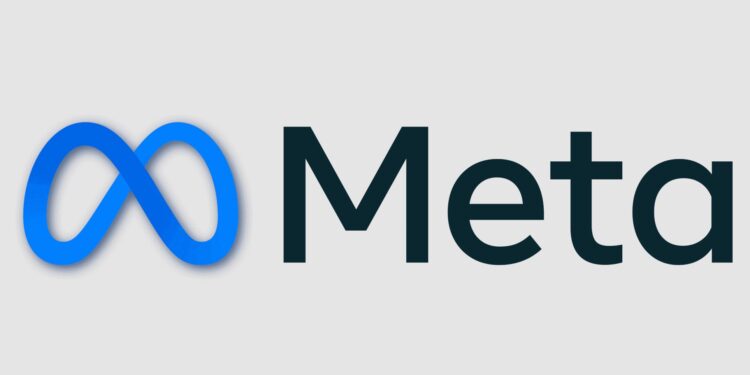Menlo Park, CA — The AI talent war has officially reached a fever pitch, with Meta reportedly offering jaw-dropping compensation packages exceeding $100 million to lure top-tier researchers away from rivals like OpenAI and Google DeepMind. This aggressive recruitment strategy, spearheaded by CEO Mark Zuckerberg, has sent shockwaves through the tech industry, raising concerns about escalating costs and the sustainability of this high-stakes bidding war.
The lavish offers are a clear sign of Meta’s determination to close the gap in the artificial intelligence race. With competitors like OpenAI and Google DeepMind at the forefront of AI development, Meta is sparing no expense to secure the brightest minds capable of building the next generation of large language models and other foundational AI technologies.
In one notable instance, Meta reportedly offered a compensation package worth as much as $1.5 billion over six years to a single AI researcher, an offer that was ultimately declined. While such numbers may seem unprecedented, they highlight the value companies are placing on individuals with the unique expertise to drive AI breakthroughs.
The competition has become a a game of high-stakes musical chairs, with top talent moving between companies for increasingly extravagant pay. According to reports, Meta has successfully poached dozens of researchers from across the industry, including key figures from Apple and Google. In response, rivals like Microsoft have also ramped up their recruitment efforts, offering multi-million-dollar packages to retain their own talent and poach from others. This AI brain drain threatens to destabilize smaller startups and even academic institutions, as they simply cannot compete with the financial might of the tech giants.
This spending spree has sparked a debate within the industry. While some argue that it’s a necessary investment for a company to stay competitive, others, including Google DeepMind’s CEO Demis Hassabis, suggest that Meta’s aggressive spending is a symptom of being “behind” in the AI race. However, Meta’s recent hiring freeze within its AI division suggests that the company is now attempting to consolidate its gains and manage the spiraling costs that have drawn scrutiny from investors. The company’s future success, however, hinges on whether these immense investments in talent will translate into tangible AI breakthroughs and a meaningful return on investment.
















